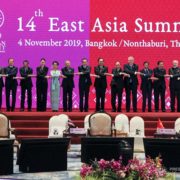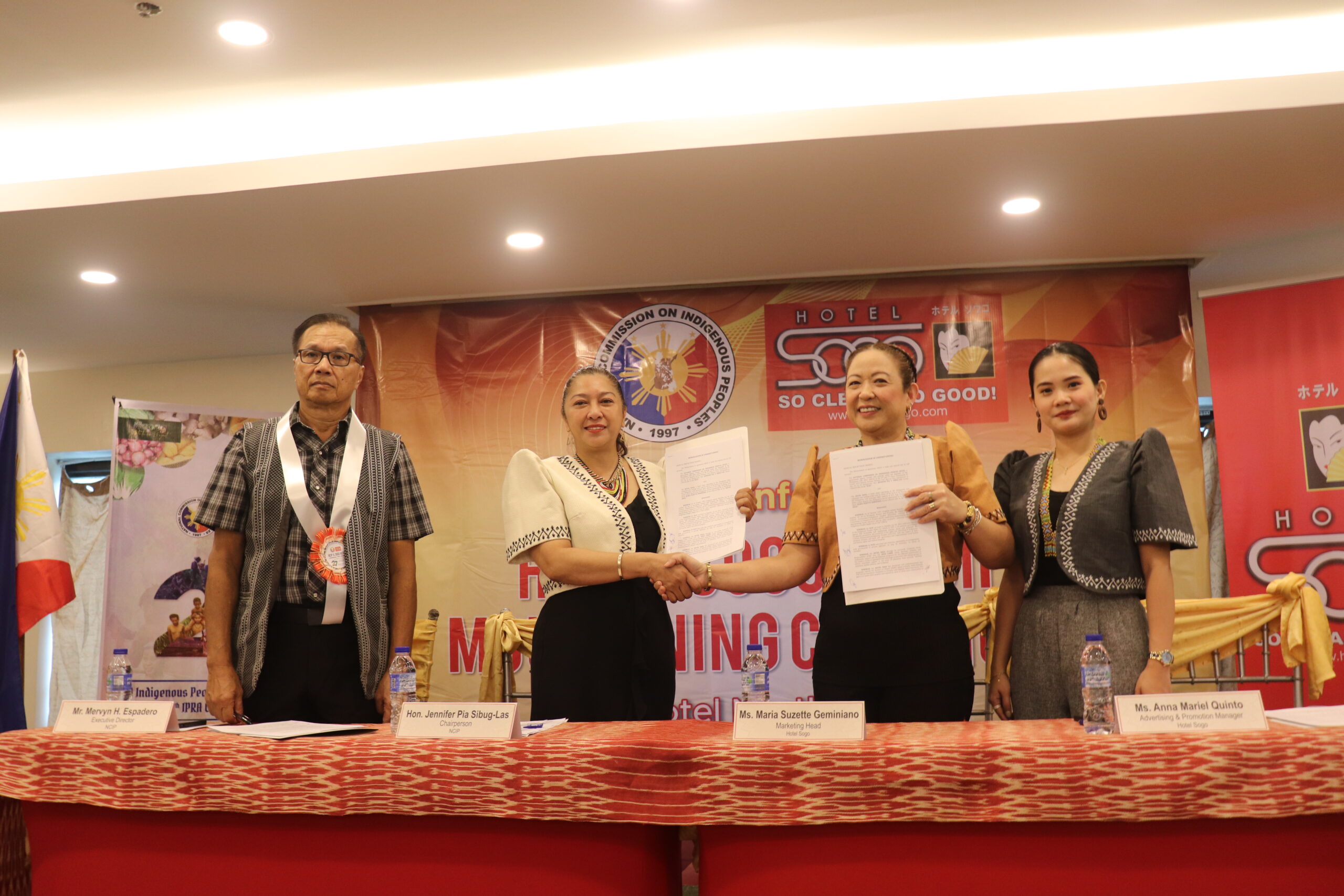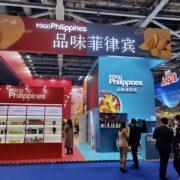
NONTHABURI, Thailand—In the midst of shifting geopolitical landscape in Asia, President Rodrigo Roa Duterte said that his government is expanding the horizons for Philippine diplomacy and supporting an open and inclusive regional order where the Association of Southeast Asian Nations’ (ASEAN) centrality becomes an essential component of the regional security architecture.
As the United States and China compete for supremacy in Asia Pacific, it has created intense rivalry and increased uncertainty in the region, President Duterte said in his intervention during the 14th East Asia Summit (EAS) here.
Despite these developments, ASEAN and the rest of the Asia Pacific region are not, and should not be, mere spectators, or worse, pawns in a geopolitical chessboard, he said, adding they should have a say in this unfolding drama.
“But the option the Philippines is now pursuing is to expand the horizons of our diplomacy,” President Duterte said.
“We are for an open and inclusive regional order where the rule of law reigns. And where ASEAN centrality is an essential component of the regional security architecture.”
The Philippines, he underscored, is for cooperation and not zero-sum competition. It will also work closely with its friends within and outside the region, including Japan, the Republic of Korea, Russian Federation, and the Republic of India, to strengthen its regional mechanisms for peace and development.
President Duterte asked the Philippines’ partners to respect whatever path each stakeholder will take.
“After all, the true measure of power is not coercion, but rather the ability to persuade on the strength of one’s ideals. Power is also the wisdom to exercise restraint even when outright domination is possible.”
Notwithstanding the competition between the major powers, the President praised both the US and China for their contribution to regional as well as global development.
The US, he said, presided over the longest era of global peace and prosperity by building norms and institutions anchored on liberal principles and ideals, which also benefitted his country.
China’s ascent is equally remarkable. It has lifted millions of people out of extreme poverty and driven global economic growth, according to the President.
He also made an appeal to ASEAN’s partners to resist the temptation of using the erosion of trust to divide the region and prevent claimants in the South China Sea from reaching solutions that address their own interests and needs.
To succeed, competing countries should create a healthy environment for negotiations and fair compromises and must refrain from activities that erode trust and confidence and increase regional tension.
As ASEAN-China Country Coordinator, he said, the Philippines will do its part to finish negotiations on a Code of Conduct (COC) in the South China Sea as soon as possible.

At the same time, President Duterte warned against the ongoing trade war between China and the US, which creates instability and the possible return of global protectionist policies.
“We are alarmed by this development. If left unchecked, this can undermine global growth, consigning millions of people in the developing world to a life of poverty,” he said, noting that an open, fair, and rules-based international trading system must be maintained.
The President also raised the situation in the Korean Peninsula that continues to fuel tensions in the region.
“We urge all concerned parties to continue working towards the realization of lasting peace and stability in a denuclearized Korean Peninsula,” he said.




